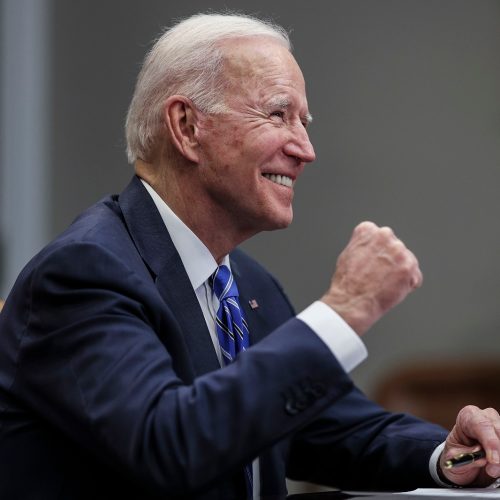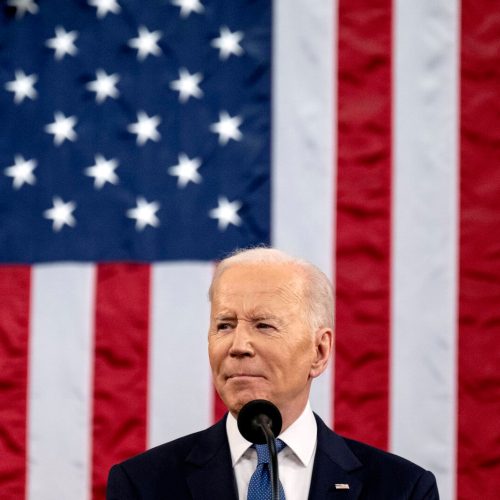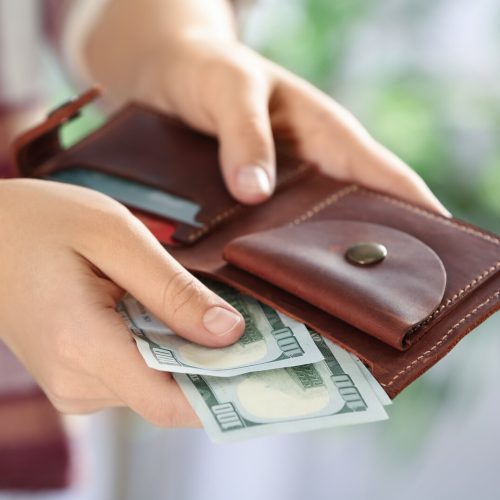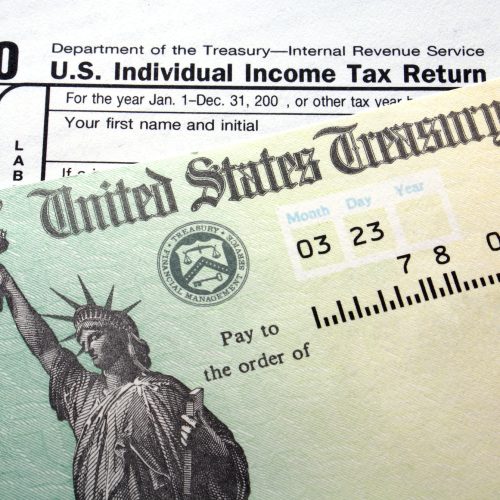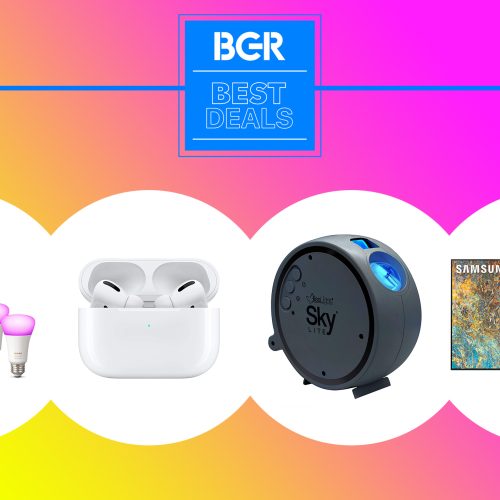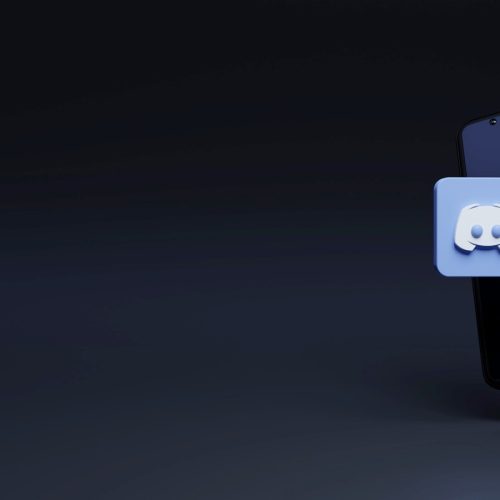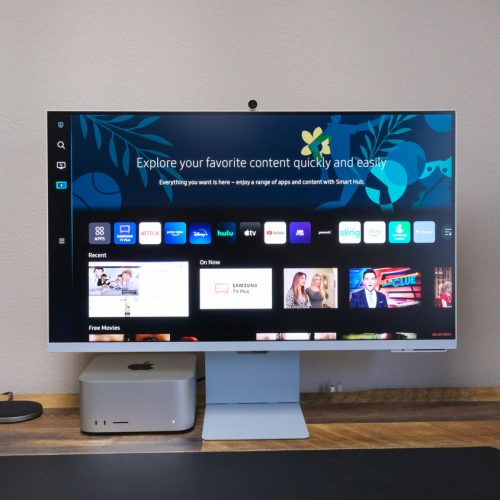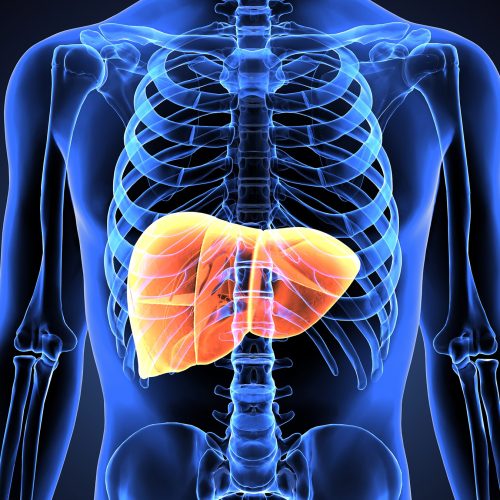Basic income programs that provide recipients with a guarantee of free money are an increasingly popular experiment around the country right now. States and cities across the US are rolling out different variations of this idea, which act like supercharged stimulus checks. One of the newest examples? A California program, for residents of West Hollywood who belong to a very specific demographic group.
Applications are now open for anyone interested in participating in the West Hollywood Pilot for Guaranteed Income. Which, among other things, might actually be the first of its kind in the US. The city, in collaboration with nonprofit partner the National Council of Jewish Women/LA, wants to test the impact of cash payments on the quality of life for LGBTQIA older adults.
Free money
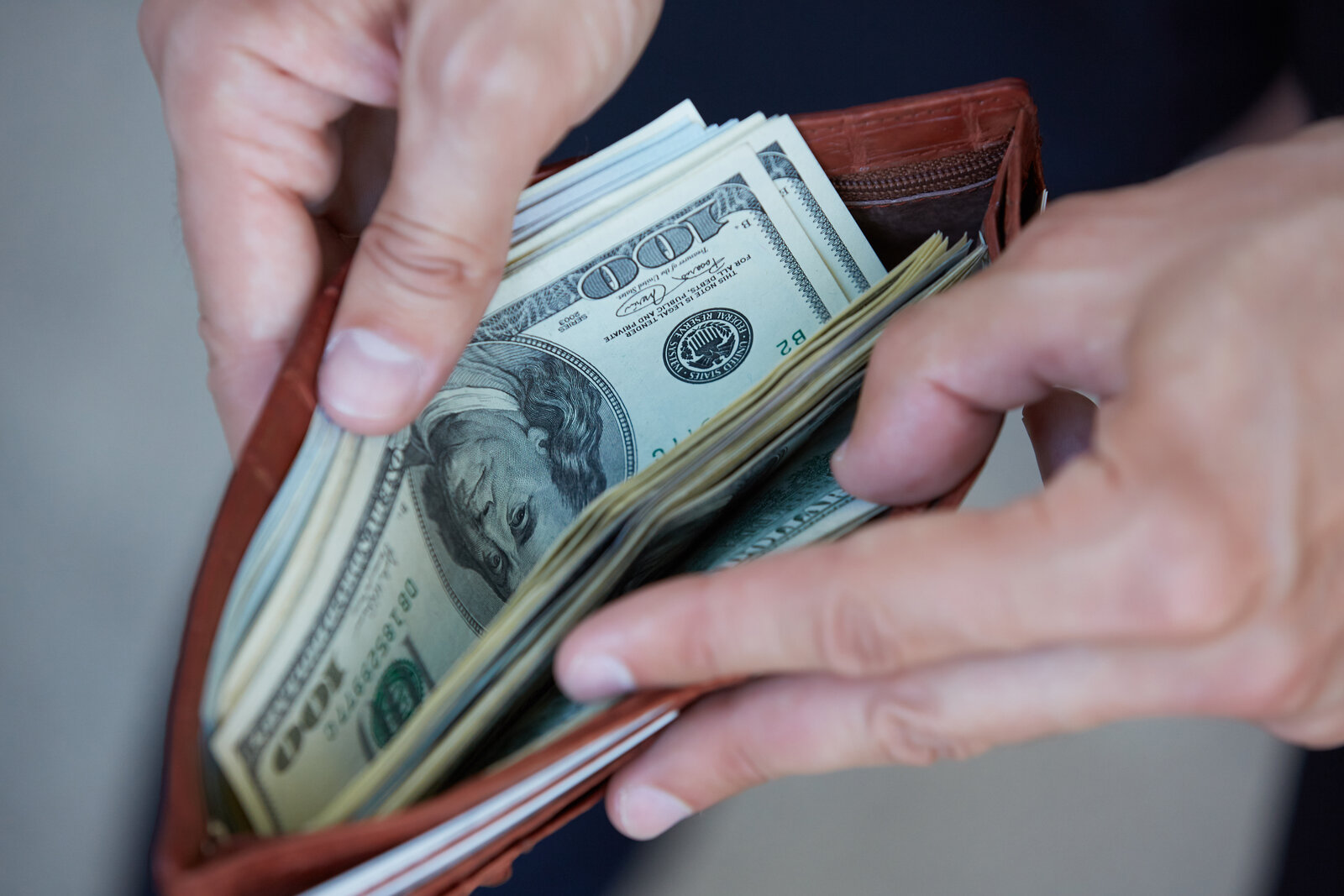
According to the terms of the program spelled out by the city? Twenty-five participants will be randomly chosen from the applicant pool. As such, they’ll get unconditional payments of $1,000 in free money starting in April of this year. And the payments will run through September 2023.
“There are numerous cities, counties, and private guaranteed income pilots happening throughout the nation, all providing unconditional cash payments to determine the impact of guaranteed income,” the city explained, in its announcement of this program. “The City of West Hollywood seeks to test the emerging promise of guaranteed income to help prevent homelessness, support community members as they age in place, and to reduce the stressors of poverty and financial insecurity.”
Accordingly, the city along with Mayors for a Guaranteed Income and the Center for Guaranteed Income at the University of Pennsylvania, set out to build a data-driven guaranteed income pilot. But not only that. The idea, consequently, was to develop the first such LGBTQIA experiment in the nation — focused on older adults, within that LGBTQIA population.
“According to the Williams Institute at UCLA’s School of Law,” the city’s explanation continues, “LGBT older adults are financially less secure than their non-LGBT peers due to lifelong disparities and barriers to accessing programs that support aging adults. The national poverty rate for LGBT people is 21.6 percent, as compared to 15.7 percent for cisgender non-LGBT people.”
Guaranteed basic income
Two of the most important facts to note about the West Hollywood program:
- The application period closes on March 6.
- And people interested in participating can apply online at www.ncjwla.org/whpgi.
Meanwhile, as we said, a number of other locales around the US are trying versions of this same thing. And they range from efforts to distribute free money in New Jersey to California, as well as many points in between.
- In Durham, North Carolina, for example, 115 formerly incarcerated residents are getting $500/month payments for a year. That money is part of the city’s Excel pilot program. And the objective is “to evaluate guaranteed income’s effects on recidivism and re-incarceration, employment, economic security, and income volatility.”
- A similar program in Rochester, New York, is giving 175 low-income families $500 payments over 12 months. Then those same monthly payments will go to a different group of 175 families.
- Chicago’s City Council voted in support of a UBI plan that would give up to 5,000 households $500 a month in free money.
- Finally, two other cities to mention include Minneapolis, and Philadelphia. The former is launching its basic income program this spring. It’s giving 200 families $500/month for 24 months. Likewise, Philadelphia’s is starting in March. And it will give 60 people $500/month for a year.

